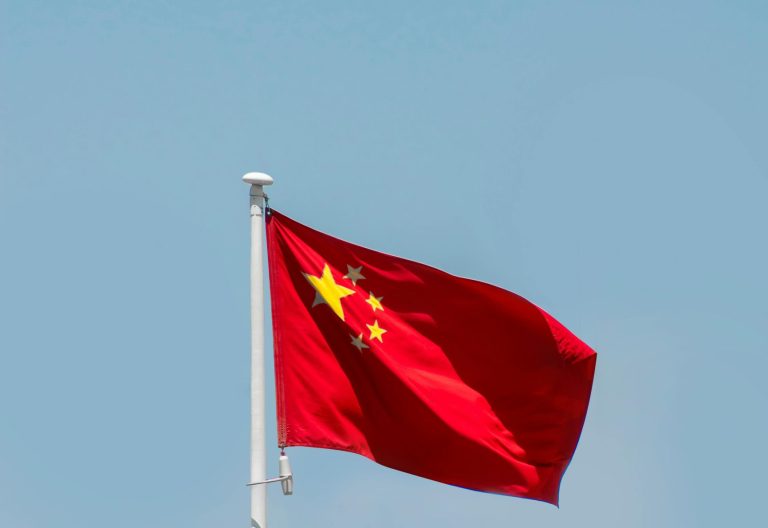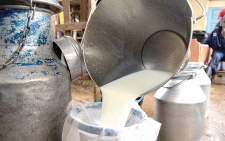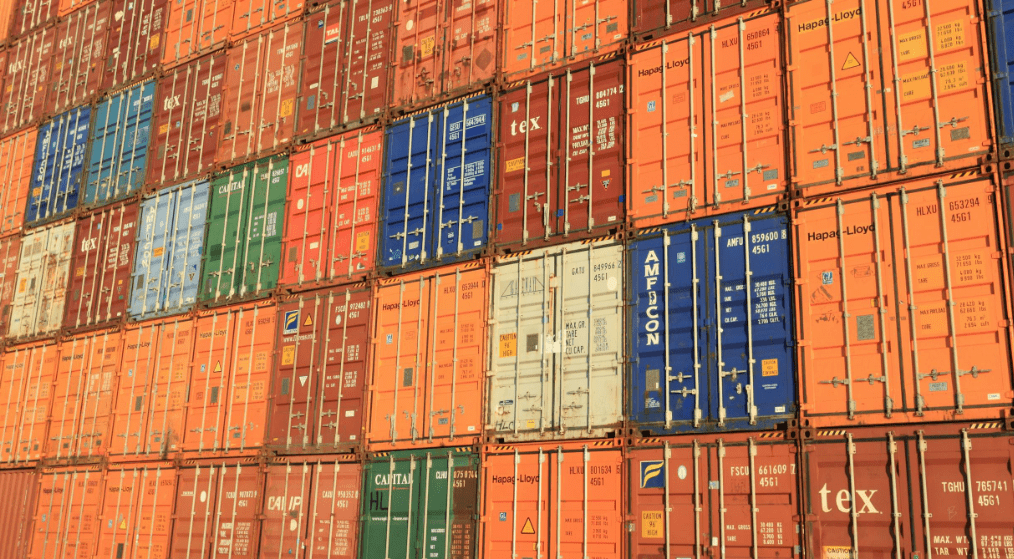Telcos await March 2021 piracy ruling

Steve Umidha @UmidhaSteve
Two telcos will wait until March 3, 2021 to know whether they will answer to piracy related charges at the High Court of Kenya in a case involving third party agents distributing content illegally.
The move follows a Friday ruling in the delicate legal battle which directed Safaricom and Jamii Telkom to disable some 141 websites suspected to be infringing on the copyrights of South Africa’s MultiChoice.
In this ruling, Justice Wilfrida Okwany heard that the 141 websites were carrying MultiChoice content that airs on its SuperSport channels illegally.
The court relied on the section 35D (2) of the Copyright Act in making the ruling that is set to have serious ramifications should the decision be upheld in March.
“A temporary order is hereby issued as per section 35D (2) of the Copyright (Amendment) Act 2019 to the respondents to prevent or impede the use of its service to access a service, website place, domains or facilities,” reads the order issued last week.
Temporary measure
It said that the ruling is however a temporary measure from further infringement of copyright before the matter is conclusively determined pending a full hearing of the suit on March 3, 2021.
The legal suit has listed Kenya Copyright Board (KECOBO) and the Communications Authority (CA) as interested parties.
The directive is a win for MultiChoice whose previous takedown notice was not acted upon by the internet service providers but a blow to sports fans across the country who rely on such sites to watch their favourite matches.
According to MultiChoice, previous attempts by the pay-TV service’s urging these telcos to take down these sites have been ignored.
In their defense, Safaricom and Jamii Telkom maintained that the responsibility of pulling down the contents of the website lies with the Communication Authority of Kenya.
Under the Copyright Act of Kenya, using pirated software is a criminal offence and guilty parties are liable to fines of up to Sh800,000.
Piracy rates in music and film range from 90 to 95 per cent, while the rate for software is estimated at 79 per cent and books at 30 per cent with the rise in piracy partly being attributed to the changing technology within the digital environment
Unfortunately, the internet provides countless ways for hackers and pirates to enter proprietary IT systems and networks.
Detailed data on frequency, tactics and results of cybersecurity incidents are in their infancy in Africa, but tracking services are growing.
Though recent reports and data provided on cybercrime, including content piracy over the internet, has identified Kenya as a hotspot, most Kenyans remain unaware of the unintended consequences of their piracy activities and the harm it causes to communities, consumers and law-abiding citizens.
Earlier this year, a report by the Communications Authority of Kenya, showed there was an increase in cybercrimes attributed to an increasingly high number of malware threats, web application attacks, system misconfiguration and online abuse.












